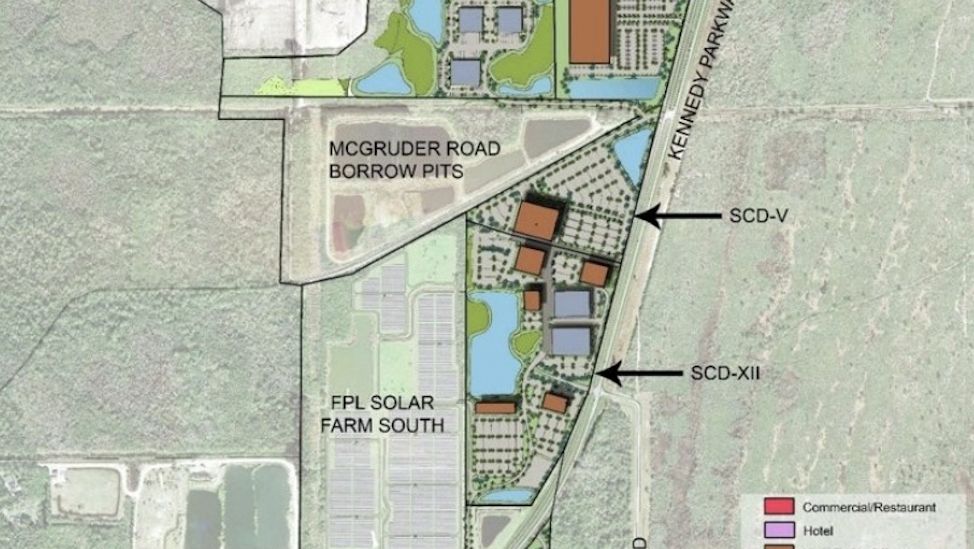CAPE CANAVERAL, Fla. — Mirroring what SpaceX is accomplishing, Amazon is getting into the orbital broadband internet game as it will officially launch Project Kuiper on Wednesday night.
Project Kuiper will become a constellation of thousands of satellites, beginning with a Space Coast launch Wednesday after six years in development.
In 2023, United Launch Alliance launched two prototype Kuiper satellites, but now is the start of the “catch-up” game as SpaceX has already launched thousands of similar internet satellites.
Kuiper is following their rival Starlink’s lead by building its own array of satellites aimed at providing affordable, fast and reliable internet service to global communities who otherwise would go without.
“I think they’ve seen Starlink can be very profitable and offer opportunities to these various places that haven’t had the capability for broadband internet,” said Don Platt with Florida Tech College of Engineering and Science.
The goal is to launch more than 3,200 satellites, all approved by the FAA and supported by ground-based antennas, fiber and customer-owned terminals.
Initial service will be available in seven South American countries.
Kuiper satellites will launch on ULA's Atlas V for now, but eventually launches will be on board a Blue Origin New Glenn rocket — just as Starlink satellites launch on SpaceX's Falcon 9s.
“They will have their entire launch vehicle and their satellites, so they can basically define where they want to launch, when they want to launch,” Platt said.
The first batch of 27 Project Kuiper satellites launching on a ULA Atlas V is set for Wednesday, with a two-hour launch window from 7 p.m. to 9 p.m. from Cape Canaveral Space Force Station Pad 41.











